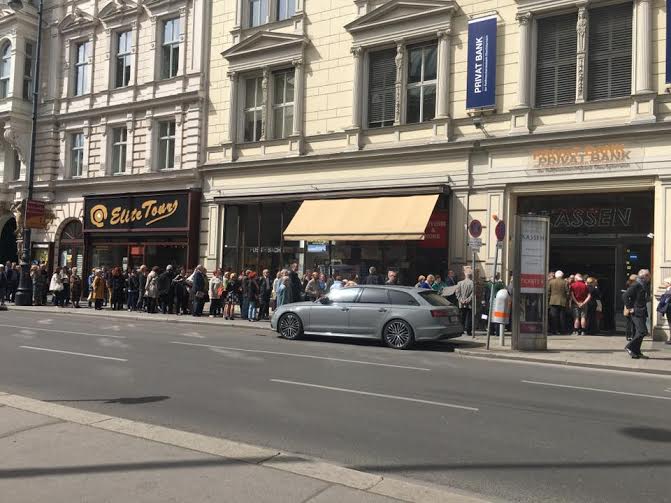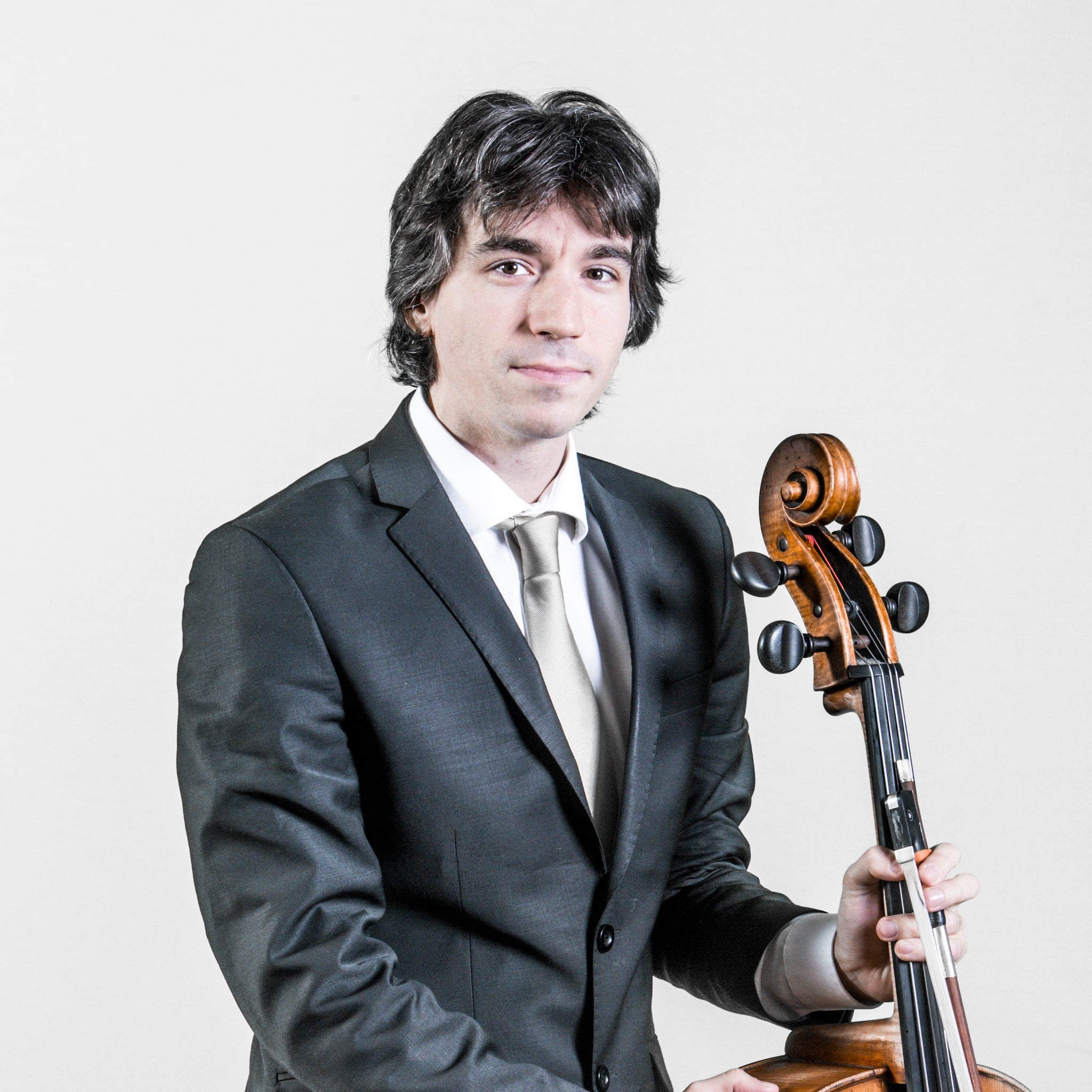Vienna Opera will reopen next week
mainThe house has just announced it will reopen with a series of Lieder recitals:
Günther Groissböck (June 8)
Tomasz Konieczny (June 11)
Camilla Nylund (June 15),
Michael Schade (June 18),
Juan Diego Flórez (June 20) and Krassimira Stoyanova (June 25).
There will also be chamber music concerts by members of the house orchestra.
Maximum permitted attendance is 100.






Comments